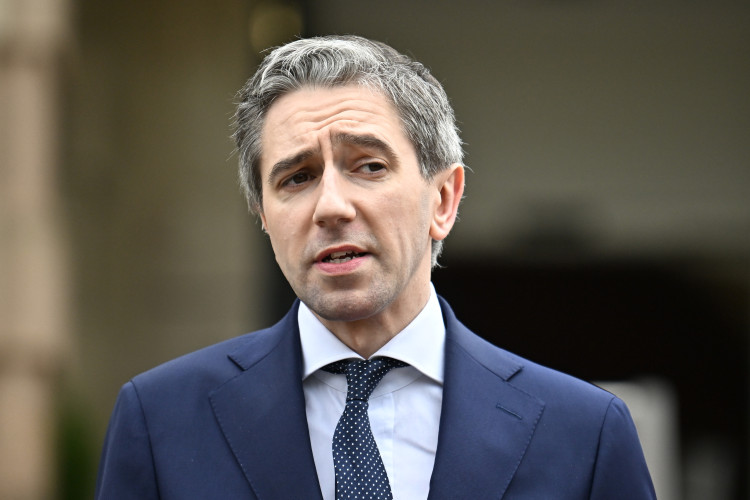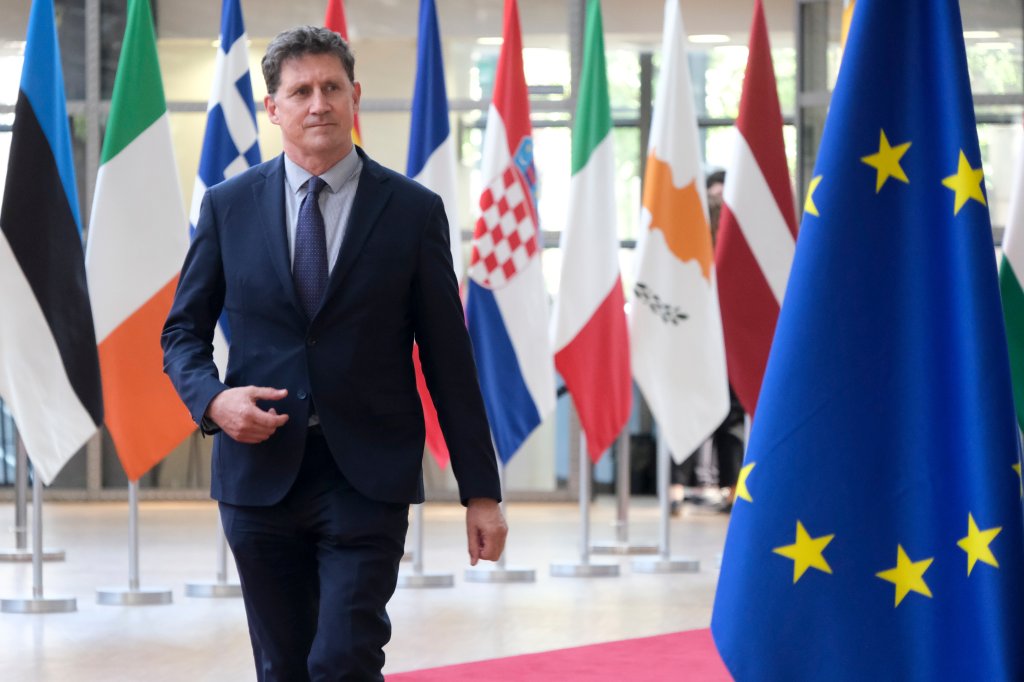Each summer, a key event in the Irish political calendar is held in County Donegal, in the far reaches of the north west of Ireland, over 260 kilometres from the political capital of Dublin. The MacGill Summer School has been running in Glenties, Co. Donegal since 1981, and is named after the local 20th Century writer, Patrick MacGill. Over the last forty years, the school has attracted senior political, economic and academic figures from across the country.
This year’s theme was ‘On the Brink’, reflecting the high level of uncertainty and changes driven by crises including the pandemic and war in Europe and challenges such as the digital and green transitions, the fragmentation of politics, and the weakening of rules-based multilateralism internationally. The general consensus among speakers is that while Ireland is in a relatively precarious situation due to its very open economy and exposure to adverse geo-political developments, there is hopeful optimism that Ireland can continue to weather the storm and realise its potential in the period ahead.
Speakers at the 2024 School included the Taoiseach, Simon Harris, as well as former leader of the Green Party and Government Minister, Eamon Ryan. Sinn Féin was represented by Donegal TD and spokesperson on finance, Pearse Doherty. The CEO of Ireland’s new Electoral Commission, Art O’Leary, as well as the former Chief Medical Officer, Professor Tony Holohan participated, in addition to senior academics in political science and economics.
Key Insights from the MacGill Summer School 2024
How Will Ireland Spend its Billions?
In recent years, Ireland has experienced a significant windfall in corporation tax receipts, largely due to the successes of the pharmaceutical and technology firms that have their European base and significant operations in Ireland. While the Government has committed to the establishment of two sovereign wealth funds to ensure these windfall receipts are safeguarded for the future, economists, as well as representatives from the Central Bank of Ireland and Fiscal Advisory Council, have called for these windfall receipts to be deployed to ensure infrastructural gaps are addressed, rather than growing current expenditure unsustainably and locking in an over-reliance on corporation tax revenue.
The Art of Negotiation – Lessons from COP28
Attending the School after recently stepping step down as leader of the Green Party after over twenty years at the helm, Minister Eamon Ryan set out his views on the challenges for Ireland and the international system in driving climate action. He stressed the need for collective action on climate change, particularly in the context of the militarisation of energy in Europe. While acknowledging the challenge and scale of the upfront cost required to deliver on the renewable energy transition, Ryan maintained the view that there would be cost savings over the long term. Reflecting on his time at COP28, he stressed the need to maintain focus on financing the transition, referencing a potential cost of $5 trillion per annum.
Disease X: The Next Public Health Crisis
Former Chief Medical Officer (CMO), Professor Tony Holohan spoke about his time as CMO leading Ireland’s response to the COVID-19 pandemic. He referenced that global inequality was a significant driver towards morbidity amidst the pandemic and stressed the need for greater pandemic preparedness in the future. Professor Holohan further warned of the threat of antimicrobial resistance, which in his view is only a few decades away from becoming a stark reality, threatening pharmaceutical firms and public health systems alike.
Election Integrity in an Era of AI
Speaking one year on from the establishment of An Coimisiún Toghcháin, Ireland’s new Electoral Commission, Art O’Leary discussed the potential for artificial intelligence to improve electoral processes, for instance in the determination of electoral boundaries. Nonetheless, he warned of the threat of misinformation to democracy and called for greater accurate information sources and fact-checking processes to combat this threat. New European rules, he referenced, would seek to increase transparency of online electoral activities, while maintaining democratic freedoms.
In Conversation with An Taoiseach, Simon Harris TD
Speaking four months after his election as Taoiseach, Simon Harris set out his commitment that the current Government would see out its term until early 2025.
He took the opportunity to express his optimism for a reset of post-Brexit UK-Ireland relations with UK Prime Minister Keir Starmer, particularly in the context of both Governments being co-guarantors of the Good Friday Agreement.
On infrastructure, Harris stressed the need for greater investment, and called for the establishment of a Department of Infrastructure should Fine Gael be re-elected to Government. Harris further called for Ireland to enhance its independence in the energy space, and for Ireland to fully avail the technological revolutions already underway with AI and cloud computing.
Whether the Taoiseach sticks to this position on the timing of an election, once an expected generous Budget 2025 is delivered on 1st October, remains to be seen. Given the positive polls and on the back of Budget 2025, all indications are that the general election will be called for November.







